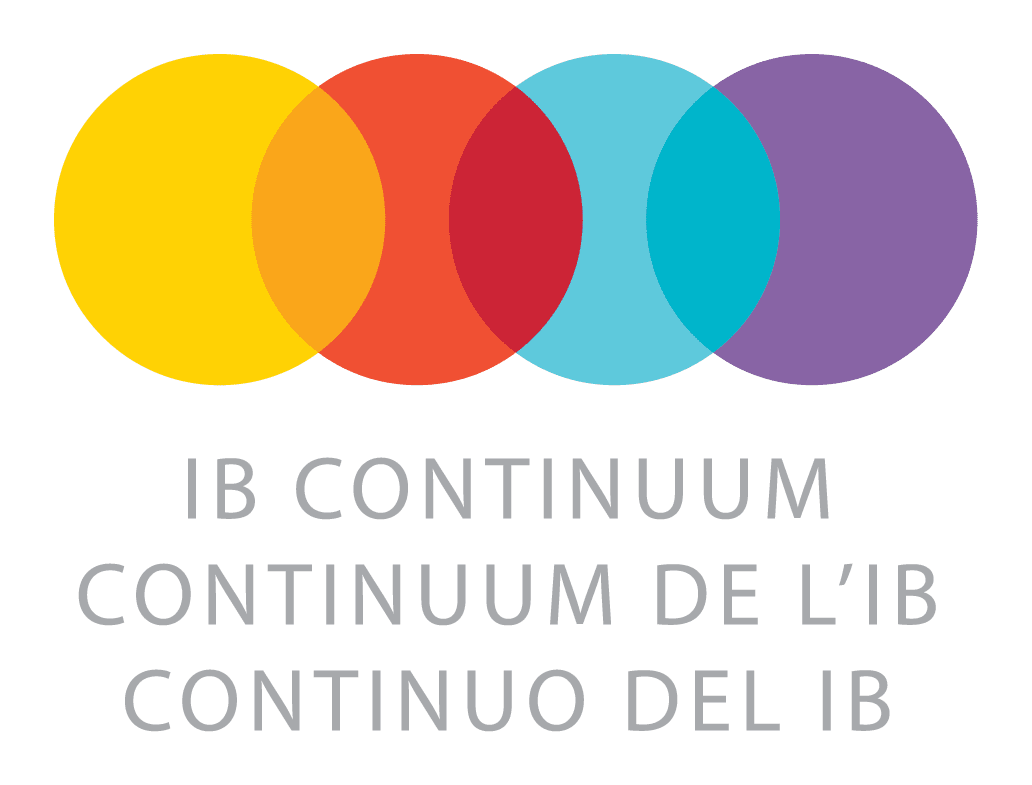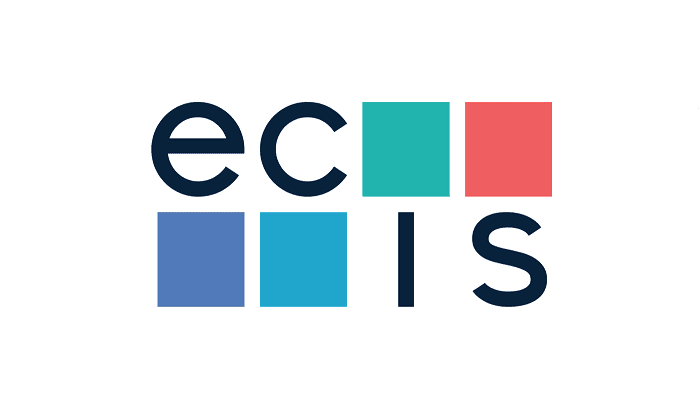

Luis Murillo
College & Career Counselor / Psychology Teacher
Knowledge for Its Own Sake
INTERNAL motivation is a drive that comes from within you. Just like athletes experience pleasure as they develop competency and strength, students may sense meaning and pleasure as they get a better grasp of the world around them. Teachers and parents should encourage that experience. In the absence of internal motivation, parents may dangle incentives of some type or another to achieve the desired outcome of high grades from a student, but there are reasons to be cautious with that approach.
There are students who are focused on answering questions. Then, there are students who are focused on questioning answers. While the former may manage to get high grades, it is the latter, who soar beyond grades to attain conceptual expertise and skill. A student who has been conditioned to produce the ‘right’ answers to specific stimuli is operating on a purely behaviorist model which leaves out wonder, fascination and relevance. Too keen a focus on the number written on the report card can distract from the pleasure of learning as an internal motivator. What does success mean for a student like that? Just a number ?
If you are keen to excel at conformity you are less likely to generate groundbreaking contributions. So what needs to be emphasized? Understanding, inquiry, imagination, resourcefulness and a healthy questioning of authority.
In the Renaissance, scholars saw knowledge as something of intrinsic value. Leonardo was seeking meaning and beauty, not financial success or social advancement. I doubt it was Shakespeare’s mother’s tantrum over his low grades that made him a master of the English language; nor did Dante’s straight As contribute to his writing the “Divina Comedia.” Education, discovery, inquiry, inspiration: these are big words. We should ask ourselves whether grades are more than an occasionally-helpful footnote.
The French sociologist, Jean-Francois Lyotard writes in the “Post-Modern Condition” that our present condition in contemporary society is characterized by an obsession with high-performances. Paradoxically, the cult of performance coincides with a collapse of meta-narratives, the large-scale, sweeping philosophies of the world that somehow inspired, justified and encouraged collective action.
Today, we are more than ever aware of the diversity and at times incompatibility of our aspirations. Sadly, economic competitiveness seems to be the sole common thread providing the meager but unavoidable motivation for individual performance. However pervasive this “micro-narrative” is, it seems insufficient to inspire greatness. Can you really motivate your children to achieve scholastically by branding the carrot of future prosperity?
I am skeptical that you can encourage love of learning just by proposing a high salary or material success, but if you can, I am not sure I would congratulate you for it. Isn’t education and the transmission of knowledge a much loftier goal than can be exhausted by the search for pragmatic solutions?
Freud in his “Civilization and Its Discontents” describes society as a tool we have created to protect ourselves from unhappiness, and yet it is also one of the greatest sources of unhappiness. The constant need to repress instinctive drives in order to achieve the social project leaves the individual (e.g. the child who attends school) feeling a slave to the constraints of a society that relentlessly favors anhedonia. School, as a tool of socialization, then becomes one more element of repression and self-denial. There is an important drive, however, that needn’t be repressed in school and socialization, it is the search for meaning.
In the classical view of education, knowledge and particularly the contemplative reflection of knowledge (knowledge for its own sake) is described as one of the greatest sources of emancipation (this is more than financial independence). Aristotle, in the Nicomachean Ethics and Plato in the Symposium describe the search for knowledge as an intrinsic drive present in every human. Acquiring and savoring knowledge, they say, is the source of one of the most intense and lasting pleasures. This ideal should be passed on to our students.
(published previously in the Shanghai Daily)
Share this post

Measurements of Success in Sports & Studies
You may have seen the new Netflix documentary ‘Beckham’, about one of England’s most well-known footballers. Near the start, Beckham talks about his school days

Sign up for the OYIS Scholarship Exam
Students who are eligible for Grades 10 or 11 in August 2023 are invited to take the 2022 Scholarship Exam. This exam is the first step to potentially receiving the OYIS Achievement Award.

OYIS Alumni Chat Series: Sibling Stories
Home > Welcome to OYIS Alumni Chats, a new blog series where we catch up with our alumni and see what they’ve been up to

Making, Keeping, and Revitalizing Your New Year’s Resolutions
Home > With a new year comes a new burst of energy, new motivation, new changes, and New Year’s resolutions. Dating back to the Babylonian

The Summer We Choose to Remember: Conquering Negativity Bias with Mindfulness
Home > As the summer break comes to an end, I have found myself unconsciously reflecting on how I spent these last few weeks. I

Professional Learning Event: Rethinking Assessment
Home > Osaka YMCA International School is hosting a professional learning event on Saturday, February 8, 2025. The focus of the sessions will be Rethinking









